At the age of six, when most children begin going to school, Anuradha Bhonsale from Kolhapur, Maharashtra began taking up domestic work. She would accompany her mother to different houses, where she was washing utensils instead of learning how to hold a pencil. Sweeping replaced outdoor games and recess was replaced by a nap due to work fatigue.
Meanwhile, both her parents earned just enough to afford a basic meal. So other necessities like access to healthcare and education were only a distant dream.
Anuradha believed every child was destined to work, until she saw an employer’s child in a school uniform with shiny colours and holding a tiffin box. While she worked obediently to impress her mother, life seemed unfair to her.
One day, she finally gathered courage and expressed her feelings of wanting to go to school to one of her employers, who agreed to sponsor her education and stationery. She was Anuradha’s first guardian angel.
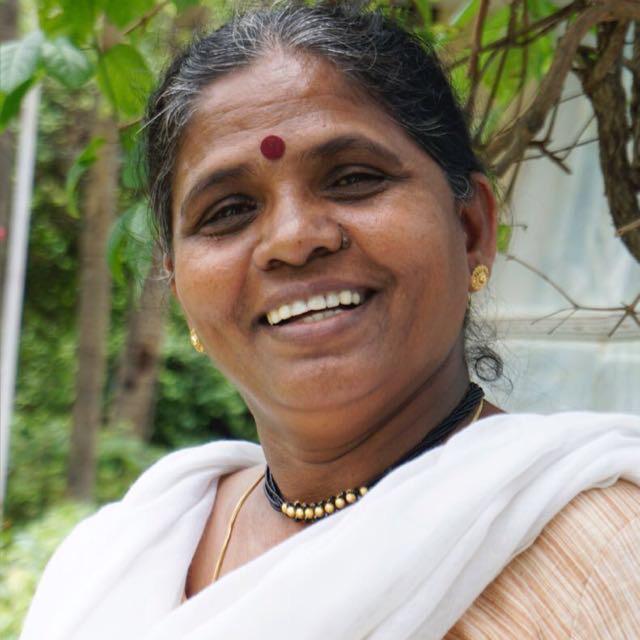
“Over the last 30 years, there have been several kind souls who believed in me and helped me reach where I am today. They inspired me to help destitute children who are forced into child labour at the cost of their childhood and education,” Anuradha, who has rescued 9,000 child labourers, tells The Better India.
Anuradha, who has a postgraduate degree in social work, began her professional career in the 1990s with the Social Work Department of the Bajaj Auto Company, followed by the Verala Development Society. For the last 24 years, she has been working at Avani, an NGO that is fighting social evil practices such as child labour, female infanticide and child trafficking.
As part of the NGO, the 52-year-old has rescued children, brought changes at the policy level and conducted innumerable rallies to draw people’s attention.
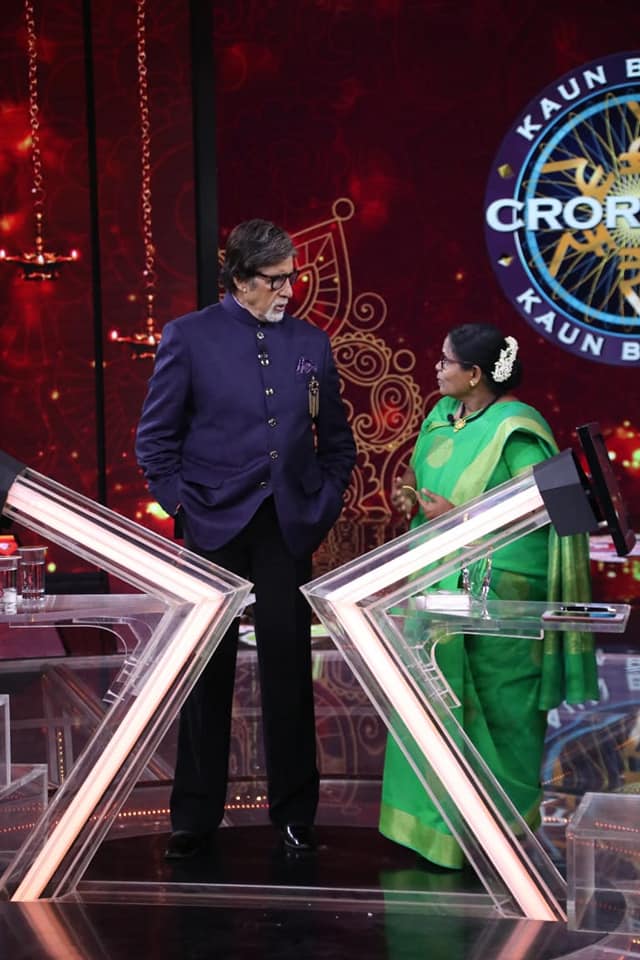
Attaining this level of influence, authority and respect were not easy, given that Anuradha was a “nobody”. From gender biases to threats given by influential people and being shunned by her own husband, Anuradha shares how she braved all kinds of odds to help children break out of poverty and marginalisation through education.
‘Education is the key’
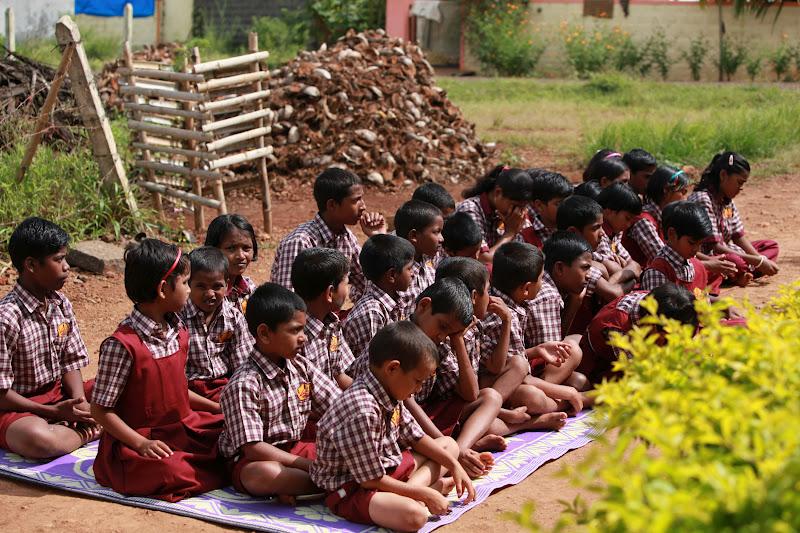
Anuradha first noticed a change in parental perception when her mother realised that education could be a means to alleviate poverty.
“I was working hard to score distinction in every grade. It was my focus and keen interest in learning that made my mother believe that there is more to a daughter’s life than marriage. Even in our limited means, my parents supported me. They didn’t mind if I skipped work to study around exam time, unlike earlier, when they felt education was of no use,” says Anuradha.
She recalls another incident when a generous farmer helped with her board examination fees in 1984, “I had to pay Rs 45, which was a huge amount for us back in the day. So, I decided to work as a farm labourer. On the sixth day, he learnt about my plight and released me before my contract, but gave me the full amount.”
Anuradha considers herself fortunate that she received similar support in her college days. Her journey from a tiny village to Mumbai and passion to change the lives of impoverished children impressed the teaching faculty at Nirmala Niketan college in Mumbai, who financed her Master’s degree. They also tutored her to improve her English language as she came from a Marathi medium school.
After completing her studies, Anuradha started working in the social sector but efforts towards on-ground change came when she joined Avani. There, she worked with the volunteers in rescue operations, rehabilitation, filing FIRs against violators and helping poor families access government schemes.
Amidst her strenuous work, Anuradha got married, gave birth to two children, and eventually separated from her husband. She says education helped her get through the difficult times.
“It was hard for us financially but I found more resilience and strength through this painful episode. I had come across various case studies of powerful women finding their freedom and growth during my Master’s course. Women can do anything, so there was no reason why I couldn’t get my life together,” she adds.
Rescue and rehabilitation
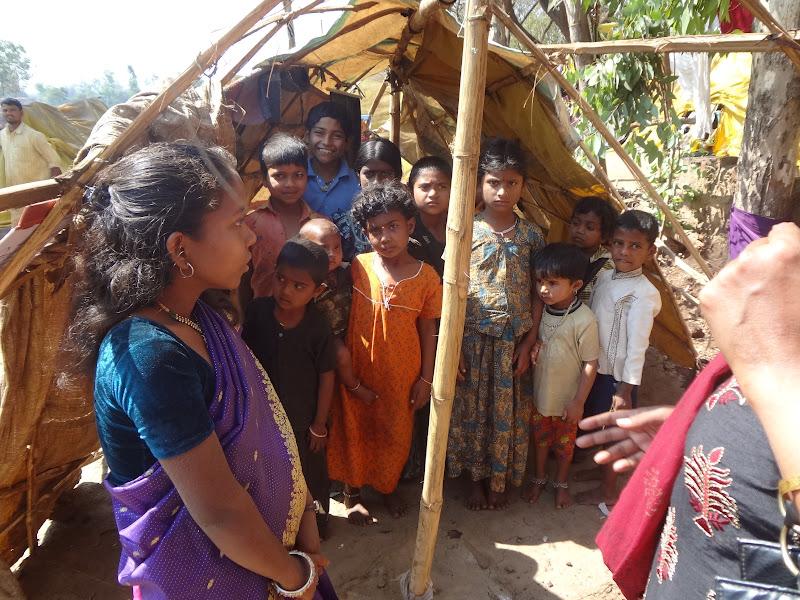
In 1995, Anuradha carried out her first operation in a brickyard and rescued 11 children aged between 7 and 15. The children were working for 12 hours daily and carrying bricks on their head for a measly wage of Rs 20.
Anuradha first reasoned with the employers at the brick kiln and explained child labour laws. When they didn’t pay any heed, she called the police and rescued the kids. She filed an FIR against them.
In her second operation, she fought for children exploited to make garlands. Again, she followed the same procedure and filed an FIR after giving warnings.
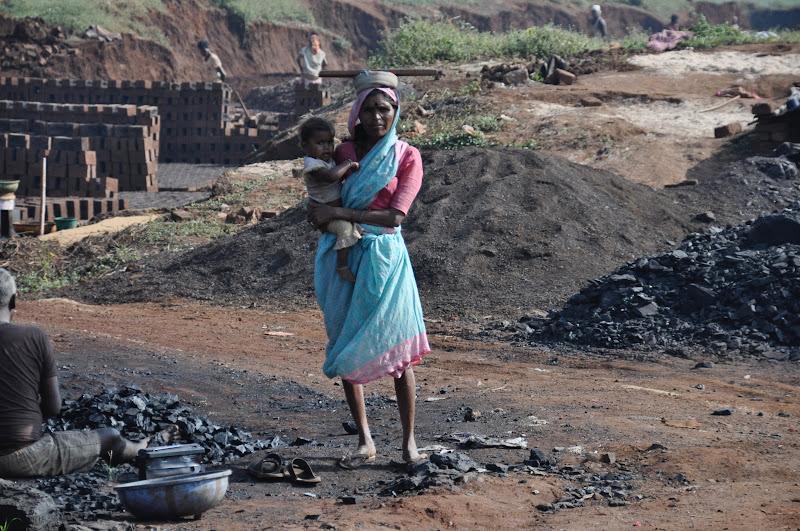
However, this time the perpetrators went to her house and threatened to harm her physically. They even got fake birth certificates to prove the children were above 18. The case eventually went to court. Anuradha fought for three years and won. Interestingly, the employer of these children was so moved by her efforts and he became an informant updating about others who employ children.
She says a three-pronged strategy is used to give these children a better life – whistleblowing, rescue, and using constitutional rights.
After the children are rescued, they are either sent to shelter homes, Avani’s shelter house, or to their parents, who are counselled.
“Sometimes, the children go back to work due to extreme poverty. The employers also prefer children as the rates are low. This is noticed especially among kids of migrant workers. They move back to their native when there is no work. So we decided to build homes for migrant children inside the labour camps. We have 21 of them. More than 1,000 children have been schooled so far. For other children, we enrol them in schools and provide free healthcare” says Anuradha.
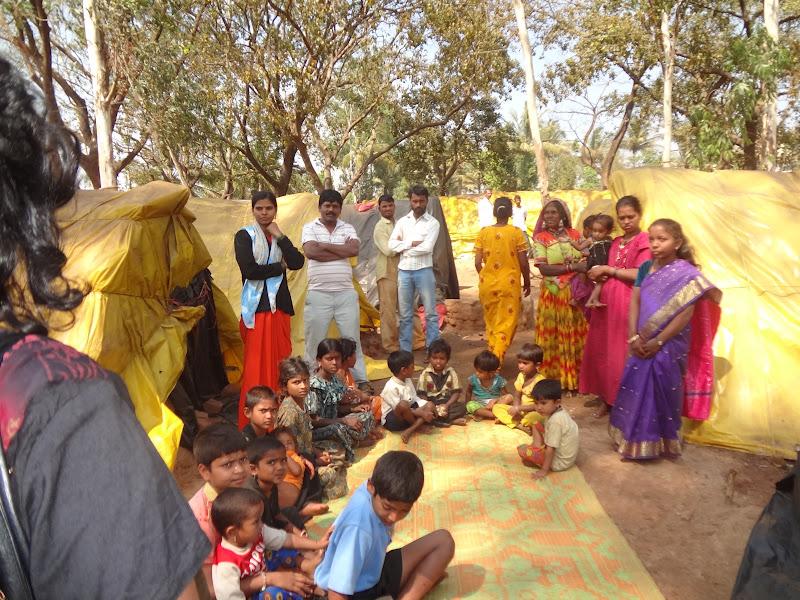
Apart from rescue operations, Anuradha also actively works towards bringing policy changes through rallies and data analysis. In 2004, she had marched with 200 child labourers to the collector’s office after he declared there were only two child labourers.
She also worked hard in the formulation of the Right to Education, 2009 and Juvenile Justice (Care and Protection of Children) Act, 2015. “I was a state representative providing my inputs based on the plight of children in Kolhapur. Avani has been working with the state government for years and through our proposals, a hostel for children of sugarcane farm workers was started,” she says.
Anuradha’s continuous efforts have led to several children completing their schools and colleges. Many of the rescued children are working in sectors like nursing, social work, engineering and accounts. Seeing them prosper is Anuradha’s gift to society, she says.
“We were reeling under severe debt and my father was an alcoholic. My sister and I had no option but to start working when I turned six. We had given up on the idea of a good future until we were rescued by Anuradha ma’am. I grew up at Avani’s shelter and am presently pursuing Arts. I want to do a Masters in Social Work and follow ma’am’s footsteps,” Monali Salunki tells The Better India.
As for her own children, one is a journalism graduate and the other is studying Arts.
Presently Anuradha is working to bridge the digital gap among underprivileged children that has emerged due to the pandemic. Since children are not attending schools, they are more prone to child labour.
“Education was anyway a luxury for many, but now with increasing requirements of mandatory smartphones and laptops, the situation has become worse. We are working with the district administration to come up with a model where children are not deprived of digital learning,” she adds.
Edited by Divya Sethu
No comments:
Post a Comment